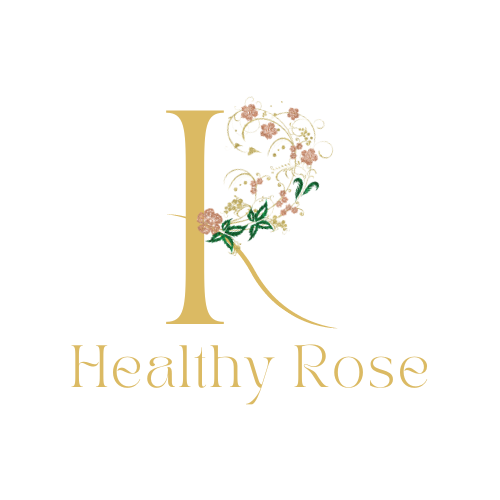Are Superfoods Actually Super?
It’s no surprise that naturally grown foods are healthy. And we all know that some foods are healthier than others. It’s better to reach for the colorful salad instead of the hamburger w/ bacon or the berry parfait instead of the cherry pie. But, it is also true that of all the healthy foods, some are better than others in regards to overall health.
When hearing the term “super”, for me at least, the first thought that comes to mind is instant or miracle outcomes. And food is no exception. When I heard about superfoods, I automatically thought that all foods in this category were expected to provide optimal health in a short amount of time. Being the skeptic that I am, I did not believe the hype.
Looking deeper into the topic, I found out that my initial assumption was wrong. There is no food that will give you a “quick fix” to health. But there is a certain group of foods that provide a wider range of health benefits beyond its nutritional value.
What are superfoods?
Characteristics that promote foods to the superfood category are providing high levels of nutrients, being linked to prevention of health diseases, and increasing immune function while being low in calories. Each superfood has different nutritional values but all generally can be linked to
Reduced inflammation
Heart health
Cancer prevention
Strong immune function
Lower cholesterol
Superfoods have a wide variety of attributes that allow them to sit in their prestigious category which lead to numerous health benefits when consumed in the right amounts and on a regular basis. Super foods are particularly rich in antioxidants, fiber, vitamins, minerals, healthy fats, and flavonoids (which have anti-inflammatory and anti-carcinogenic properties).
Use these superfoods in your diet to optimize your meals;
Avocado
Berries
Chia seeds
Dark leafy greens (arugula, spinach, collard greens, kale, watercress)
Garlic
Ginger
Salmon
History of Superfoods
The term superfood was coined in the early 20th century as part of a food marketing strategy for bananas. Detailing the many health benefits bananas possessed, particularly for children, sales skyrocketed as families soon began incorporating bananas in their breakfast, lunch, and dinner.
As health journals endorsed the term “superfood” when publishing research supporting the health benefits of bananas the term and the fruit became more and more well-known and therefore used.
Fast-forward to the 21st century where information can become viral overnight, the same strategy is used; research supporting the benefits of a specific food, various media outlets creating catchy headlines to promote sales, along with marketing campaigns from invested food industries. It seems as though there is a new superfood being discovered every month. Superfoods = Super sales. So what does this mean when buying these so-called superfoods? The answer is simple, focus on having a super plate rather than stocking up on superfoods.
Bottom Line: A Balanced Diet is Key
While it is true that incorporating certain foods in the superfood category will indeed provide you with wonderful health benefits, it is crucial to make sure not to turn a blind eye to other whole foods. Keeping a balanced diet and variety in your diet will prove to me more beneficial than living solely off superfoods. When buying superfoods, do your research. Ask yourself; What nutrients is this food providing? Am I buying this based on marketing or nutritional value?
Keeping variety in your diet exposes you to many different vitamins and minerals, as well as keeps eating interesting and fun! Try adding a few superfoods to the diet you already have or try something completely new. Looking for some inspiration to incorporate these food in your diet? Start here for beginner friendly options;
Avocado meal
Berry Smoothie Bowl
Ginger
Salmon
https://health.clevelandclinic.org/what-is-a-superfood/
https://www.hsph.harvard.edu/nutritionsource/superfoods/
